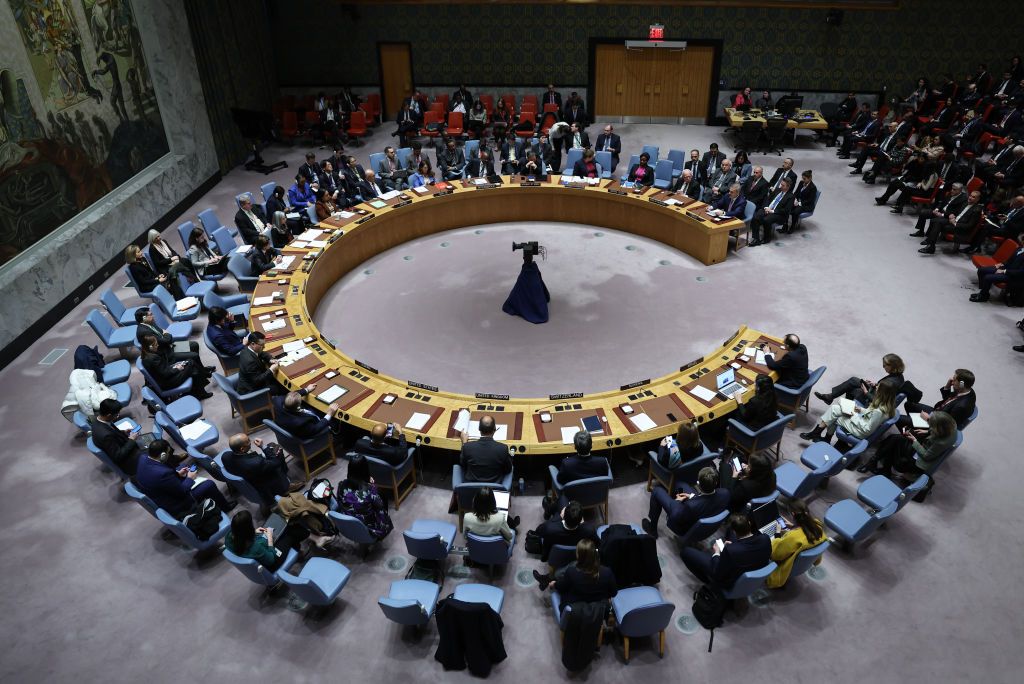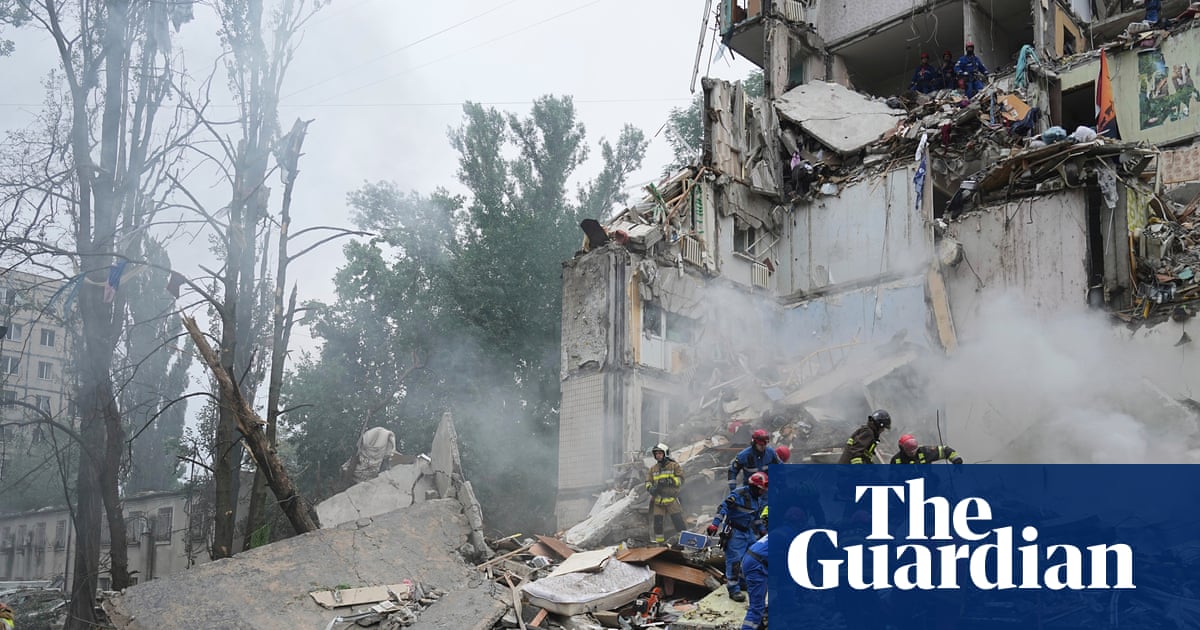Greta Thunberg Deported from Israel After Gaza-Bound Aid Mission Intercepted

On Tuesday, climate activist Greta Thunberg was deported from Israel, following her involvement in a humanitarian mission that aimed to deliver aid to Gaza. This decision came just a day after Israeli naval forces intercepted the ship she was on, which was en route to provide assistance amid the ongoing humanitarian crisis in the region. Thunberg, a well-known figure in the environmental movement, was among 12 passengers aboard the Madleen, a vessel carrying essential supplies destined for Gaza.
The interception of the Madleen occurred approximately 200 kilometers off the coast of Gaza. The Israeli authorities maintained that their actions were in accordance with international law, arguing that they had the right to enforce a naval blockade that has been in place since Hamas gained control of Gaza in 2007. The blockade has been a subject of significant international scrutiny and debate, given the dire humanitarian situation faced by the residents of Gaza.
While three other activists on the ship agreed to immediate deportation, eight individuals contested the Israeli orders and were subsequently detained pending a court hearing. The Freedom Flotilla Coalition, the organization behind this mission, along with prominent human rights groups such as Adalah and Amnesty International, denounced Israel's actions, describing them as a blatant violation of international law. They argued that the vessel was operating in international waters, where Israel's authority would not extend.
The Israeli Foreign Ministry released a statement addressing these claims, asserting the legality of the blockade and dismissing the mission as a mere publicity stunt. They referred to the supplies aboard the Madleen—reportedly less than a truckload of aid—as "meager," and highlighted that the shipment included items such as rice and baby formula. The Ministry promised that the cargo would be transferred to Gaza through what they termed “real humanitarian channels,” implying that aid would be provided through established systems rather than through independent missions.
In a surprising twist, former US President Donald Trump commented on the incident, offering a critique of Thunberg. He stated, “I think Israel has enough problems without kidnapping Greta Thunberg. She’s a young, angry person... I think she has to go to an anger management class.” This remark reflects the polarizing nature of Thunberg's activism, which has garnered both support and criticism globally.
The backdrop to this incident is the ongoing conflict that reignited on October 7, when Hamas launched an attack that resulted in the deaths of over 1,200 Israelis. In response, Israeli military actions have led to catastrophic consequences for the Palestinian population, with local health officials reporting more than 54,000 deaths in Gaza as a result of the continued hostilities. The humanitarian crisis in the region has intensified, raising urgent calls for international intervention and support.














